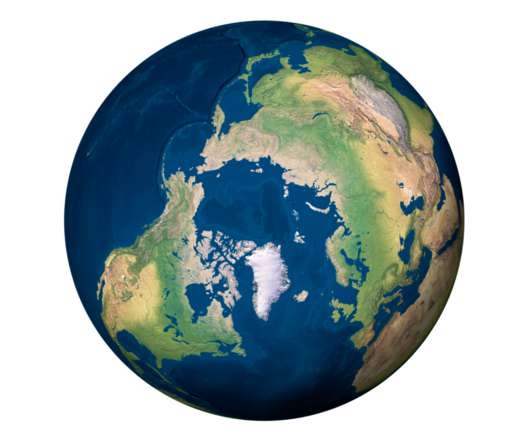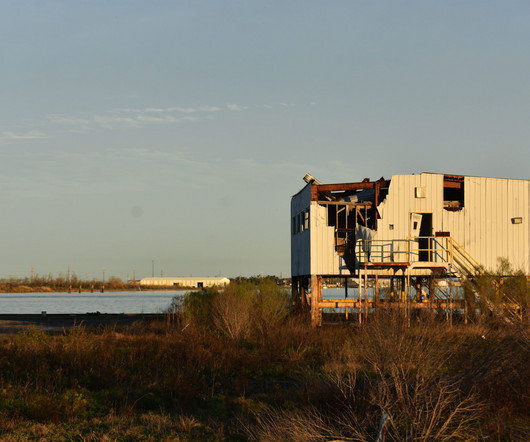Impacts of Climate Change in Vietnam
The Environmental Blog
JULY 17, 2019
With a national average of 232 people/km2, Vietnam has the highest population density in Southeast Asia after Singapore. The rapid growth of Vietnam’s population in urban areas is resource intensive and leads to increased energy demand and greenhouse gas emissions. Sea-Level Rise. Temperature. Transportation .















Let's personalize your content